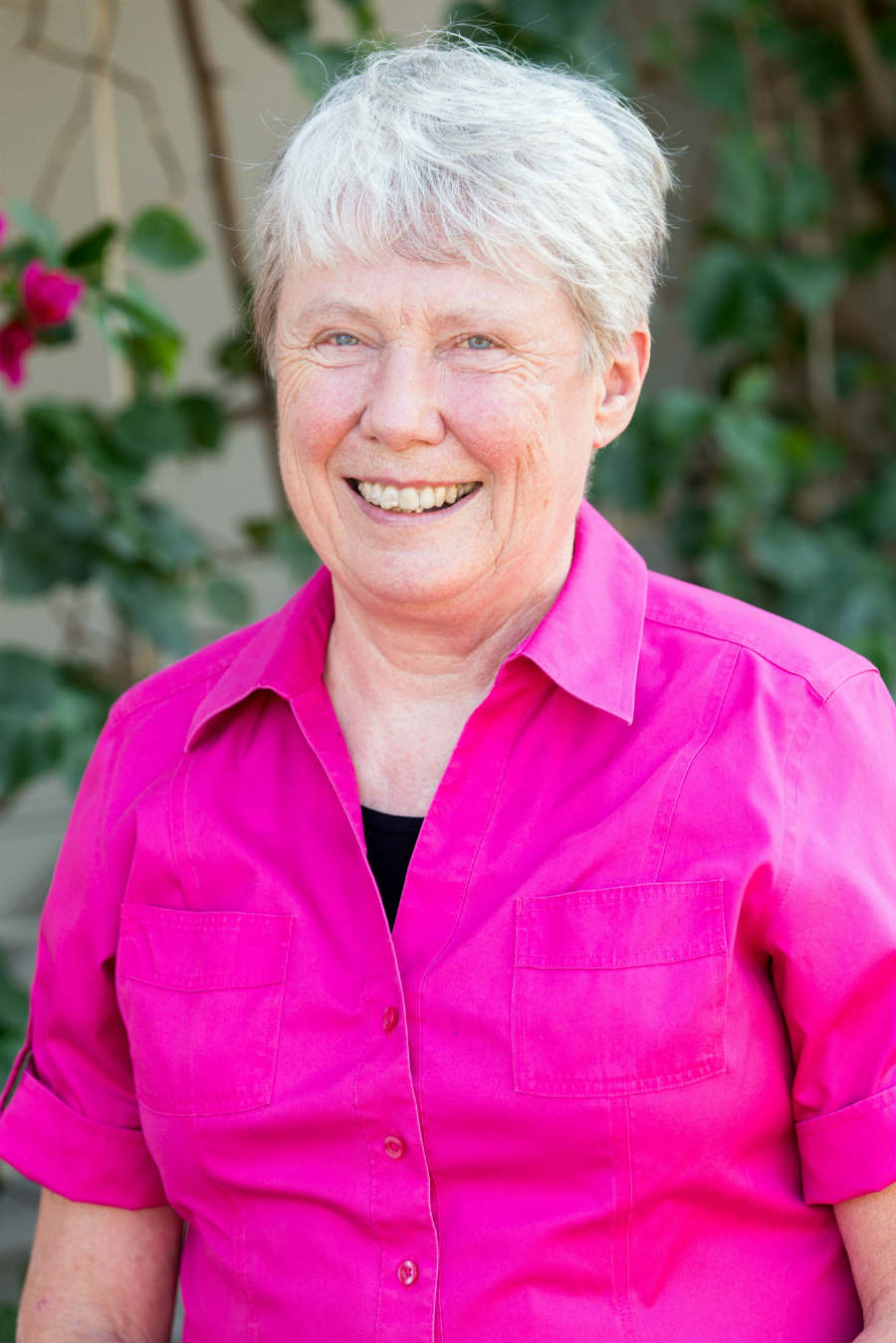
Marie Klawe, UAlberta alumna and president of Harvey Mudd College, returns to her alma mater for a public lecture on diversity in STEM fields.
For alumna Maria Klawe (BSc '73, PhD '77, HonDoc ' 07), encouraging diversity in science, technology, engineering, and mathematics (STEM) is more than an interest. It is a calling.
A renowned mathematician, computing scientist, and scholar, Klawe became the president of Harvey Mudd College in 2006, the first woman to sit in this prestigious position. Prior to this, Klawe served as dean of engineering and professor of computer science at Princeton University.
Since her tenure as president began, the student body at Harvey Mudd College has become one of the most diverse among top science and engineering institutions in the world. Over the last ten years, approximately half of graduates in STEM fields have been female, and 60 per cent have been non-caucasian.
Hear more from Klawe on her illustrious career, and join us for a public talk, hosted by the Science Hardware Hackerspace, on September 13 at 5 p.m.
When did you first realize that diversity was an issue in STEM fields?
I first realized that gender diversity was an issue in STEM fields in high school, because everyone was always saying that girls weren't good at math and science, and yet these were the subjects I loved the most. I was the only girl in my advanced math class in grade 12, and the (female) teacher teased the boys because I did so much better than everyone else.
As an undergraduate honors math major, my math profs (all male) sometimes said things like, "I don't understand why you want to be a mathematician. There aren't any great female mathematicians." They didn't mean that I was not doing well in math; I was a top student. They meant that given how many other areas I had talent in, why was I focusing on an area which was not supportive of women?
Tell us about your experience completing your BSc and PhD at the University of Alberta.
Many of the math professors were excellent teachers and also very supportive of the honors math students. I dropped out of university during my third year as an undergraduate-mostly because I couldn't figure out how I could use pure math to make the world a better place.
After a year's absence, I realized how much I was missing math and decided to return. On my return, I found myself in grad courses and realized I didn't remember anything from earlier courses. For the first time, I had to work really hard to succeed, which of course made the success mean much more to me. I started my PhD the next year and had completed my courses and research by the end of my third year. My advisor, Tony Lau, was going to Berkeley for his sabbatical and suggested I spend my final year of my PhD with his former PhD advisor, Ed Granirer, which I did.
How did your experience here help to lay the foundation for your career?
One thing from my undergraduate and graduate experiences at the University of Alberta that I really treasured was the opportunity to start teaching. By my second year as an undergrad, I was a teaching assistant, and by my third year as a grad student I was teaching my own course, calculus for engineers.
What inspired you to take on the issue of diversity in STEM in your own work?
I started working on trying to attract more women to math in my first year as an undergrad. In men-more competitive, more aggressive, et cetera. Over time, I realized that it was actually the culture of math and other STEM fields that should change. The culture should be supportive of all students.
Tell us about your experience as president of Harvey Mudd University.
There are many things I love about being president of Harvey Mudd College. The students remind me of the honors math majors at the University of Alberta. They are very bright, hard-working, humble, and committed to helping others succeed. The faculty love teaching and working with students. Again, they remind me of my favorite math profs at the U of A. diversity in major in all STEM fields.
Klawe will share more of her perspective on the culture of STEM fields, science, and diversity at a public talk, hosted by the Science Hardware Hackerspace, on September 13 at 5 p.m.